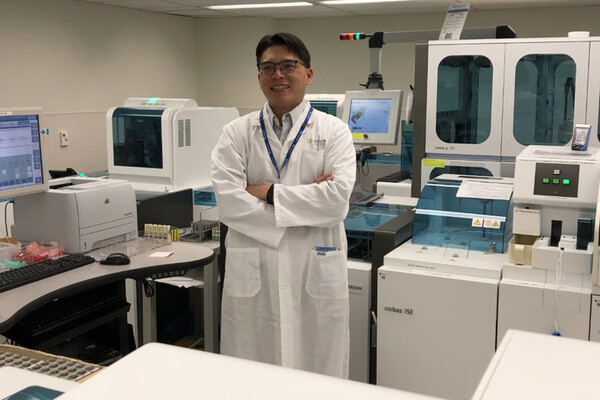Raise the Bar: A quality improvement project to improve the diagnosis and management of iron deficiency and anemia
The project team
Michelle Sholzberg (Co-Chair), St. Michael’s Hospital, Unity Health Toronto
Lusia Sepiashvili (Co-Chair), The Hospital for Sick Children (SickKids)
Iron deficiency is an issue of health equity in Toronto, Ontario, Canada and globally. The most reliable diagnostic test for iron deficiency, in the absence of concomitant inflammation, is serum ferritin. Despite ferritin being a highly sensitive, widely available, and relatively inexpensive test, it is often under-utilized, even in high-risk patient populations.
Unclear clinical decision limits for serum ferritin are a significant barrier to recognizing and appropriately managing patients with iron deficiency. This project will change current ferritin lower limits of normal to ferritin clinical decision limits for iron deficiency to 30 mcg/L in adults and 20 mcg/L in pediatrics in the largest community laboratories and multiple hospital laboratories in Ontario.
This change has been coupled with a knowledge translation strategy. We expect this change will increase ferritin testing rates, prompt treatment of iron deficiency, decrease risk of anemia and improve quality of life among affected individuals.
This project involves numerous pivotal stakeholders from multiple community laboratories and hospital laboratories, and would not have been possible without multidisciplinary input, action and advocacy across the province.




